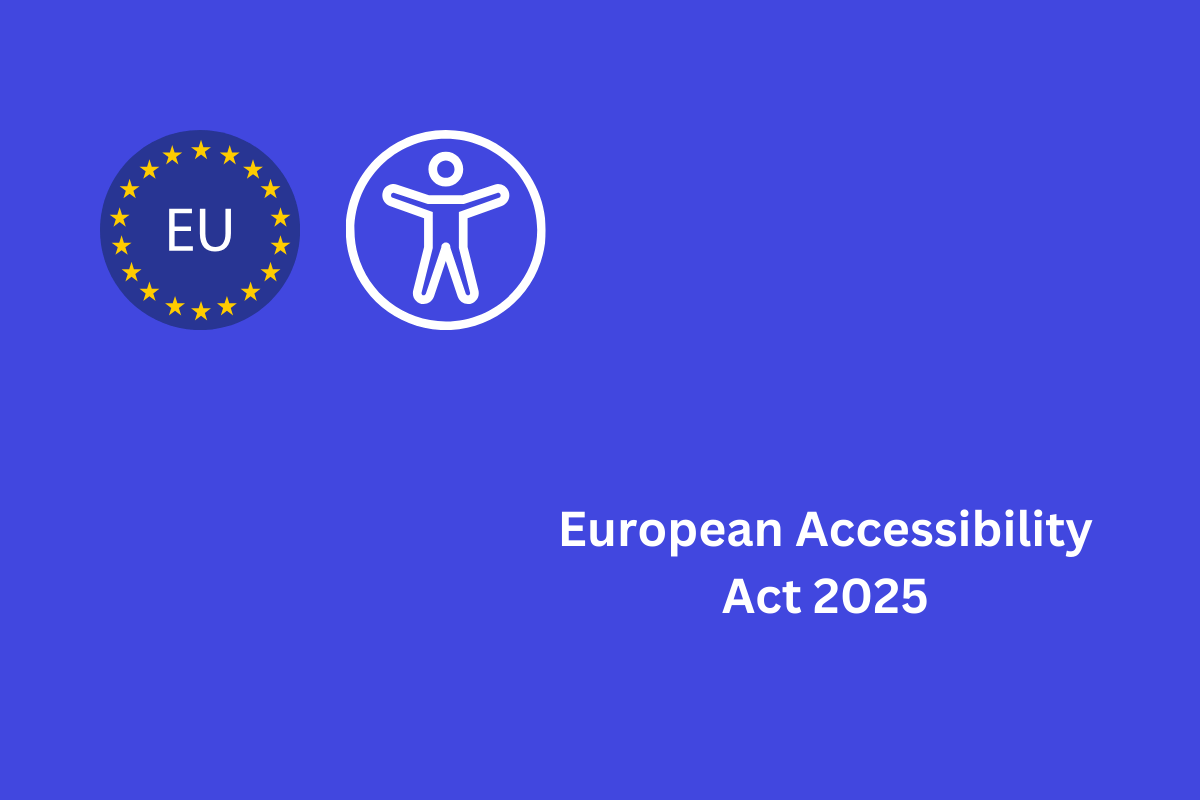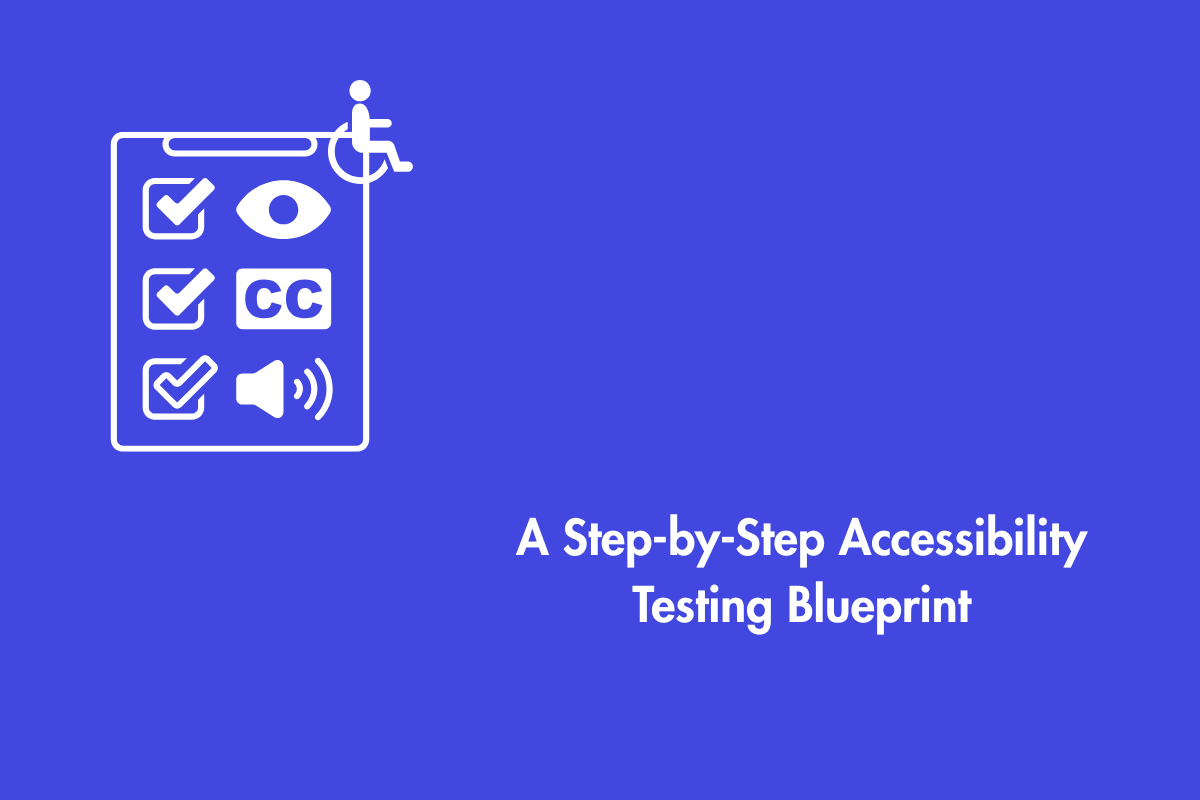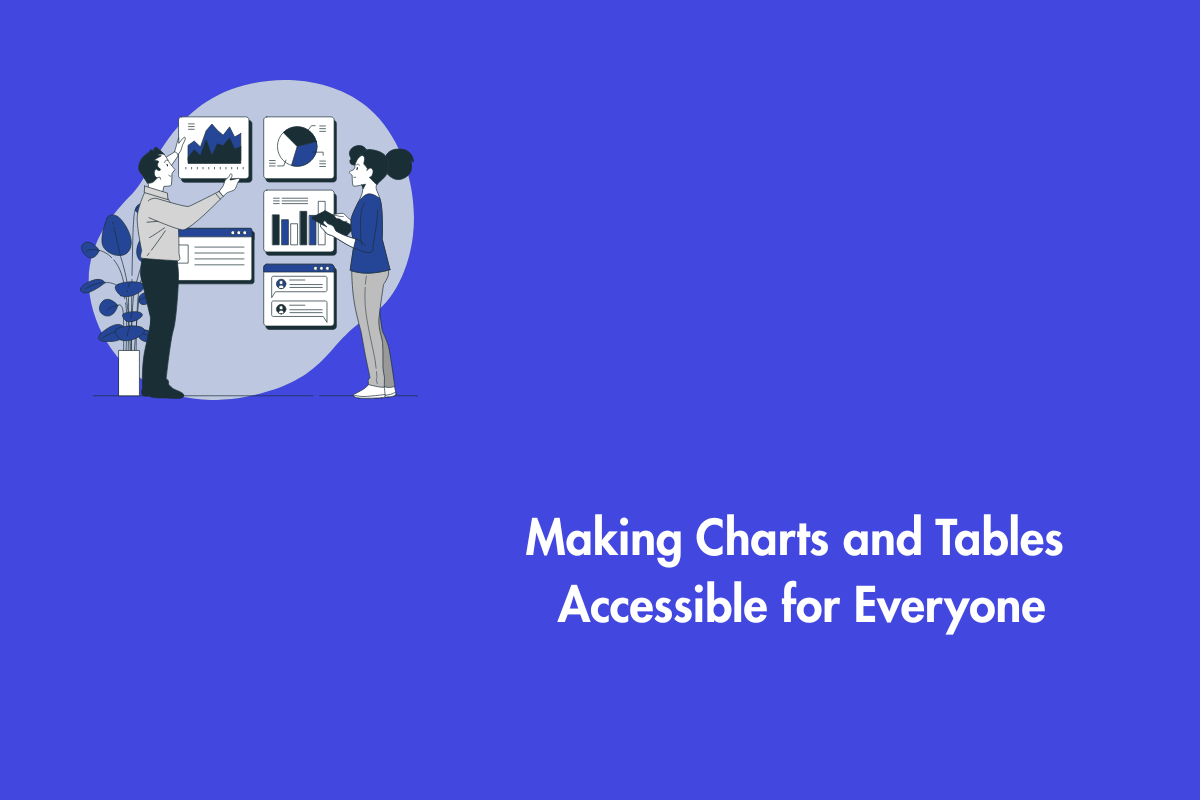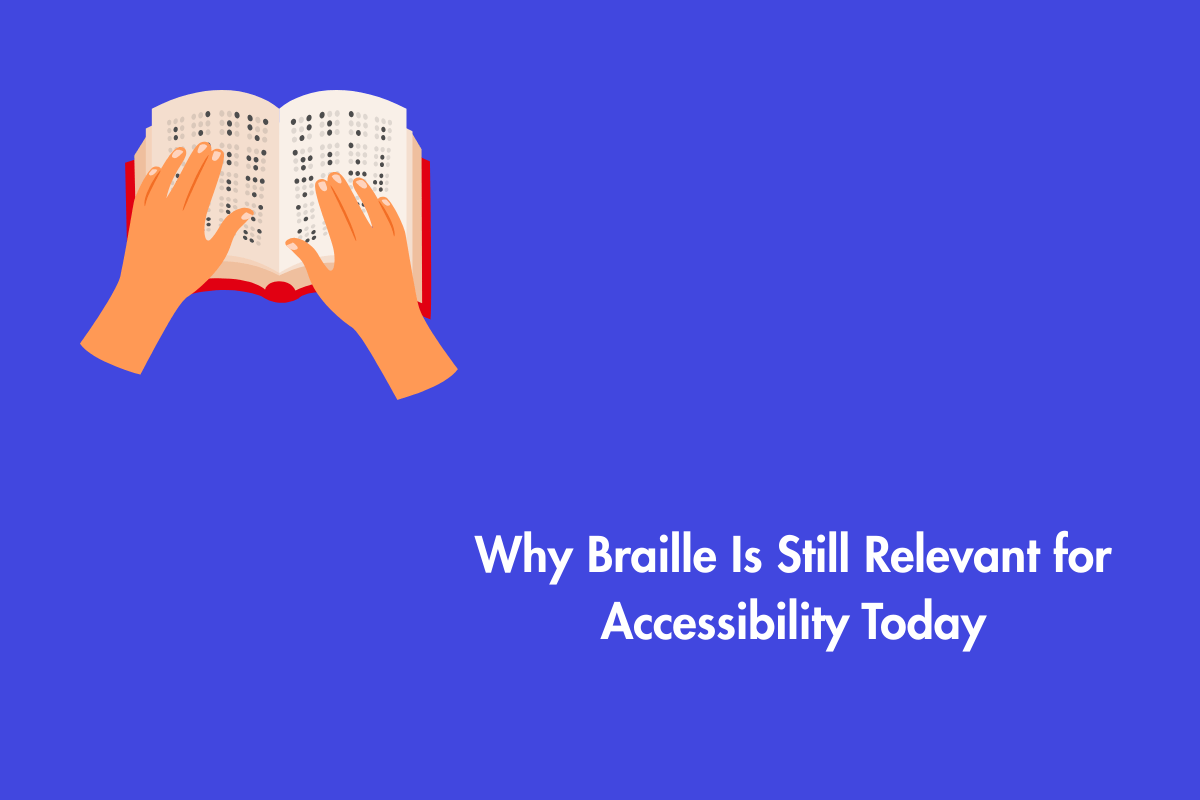The European Accessibility Act (EAA) 2025 is a law aimed at ensuring equal opportunities for around 135 million people living with disabilities in EU member states. It mandates that certain everyday products and services be accessible to people with disabilities, in line with the EU and all Member States’ commitment to accessibility upon ratifying the United Nations Convention on the Rights of Persons with Disabilities.
The law sets minimum accessibility requirements for products and services, including digital technology, and applies to public sector bodies, private tourism entities, and electronic communications-related activities. The legislation encourages unrestricted access to diverse goods and services, excluding traditional audio-visual media broadcasting. Effective from the year 2025 or sooner, the EAA 2025, a significant move towards an inclusive society, has specific rules regarding digital technology, including mobile apps and desktop computer access.
Table of Contents
Applicability of The EAA: Who are Affected?
- Manufacturers and distributors: The companies that make and deliver goods need to confirm that their products meet the accessibility requirements.
- Service Providers: Sectors like banking, e-commerce, telecommunications, and transportation must make their services accessible.
- Public sector bodies: Government agencies and organizations must ensure that their services comply with the EAA rules, which include making websites, mobile applications, and public information accessible.
- Private Businesses: It also covers businesses that are not government-related. This includes commercial firms like retailers, hospitality businesses and entertainment providers who offer goods and services to the public. They need to follow accessibility requirements too.
Compliance with the act is mandatory, with legal repercussions including fines and reputational damage.
Timeline for the European Accessibility Act
The European Accessibility Act 2025 has had a planned and stepwise timeline from its proposal to its complete implementation. Noting these important dates is necessary for businesses and groups to ensure they follow all rules on time.
- Proposal and Acceptance: In 2011, the European Action on Alcohol (EAA) was suggested to further the EU’s dedication to developing a society that includes everyone. It became a law in 2016.
- Implementation Phase: The European Aviation Authority (EAA) 2025, which went into effect in 2019, is the beginning of the preparation phase for EU member states and entities affected by it. This means that organizations must modify their goods or services to comply with EAA requirements within six years.
- Compliance Deadline: The compliance deadline for EAA standards is June 28, 2025. By this date, all related entities are required to guarantee complete adherence.
- Reporting and Review: The act will undergo a complete review and reporting process starting from June 28, 2030. The reviews will be carried out once in five years after that time period. This guarantees ongoing supervision and modifications to the Act as required.
The European Accessibility Act establishes a strong framework to ensure adherence to its accessibility standards. It mandates that EU Member States:
- Conduct regular compliance checks
- Review and address complaints
- Ensure companies take appropriate corrective actions
- Provide clear guidance on the relevant authority for filing complaints
Conclusion
The European Accessibility Act (EAA) 2025, passed in 2019, aims to ensure equal access to products and services for around 135 million people with disabilities in EU member states. It sets minimum accessibility standards for sectors like banking, e-commerce, transportation, and telecommunications, impacting businesses, service providers, and public bodies. Compliance is required by June 28, 2025, with reviews every five years to track progress. The EAA promotes inclusivity and aims to create a more accessible, equitable society for all.



